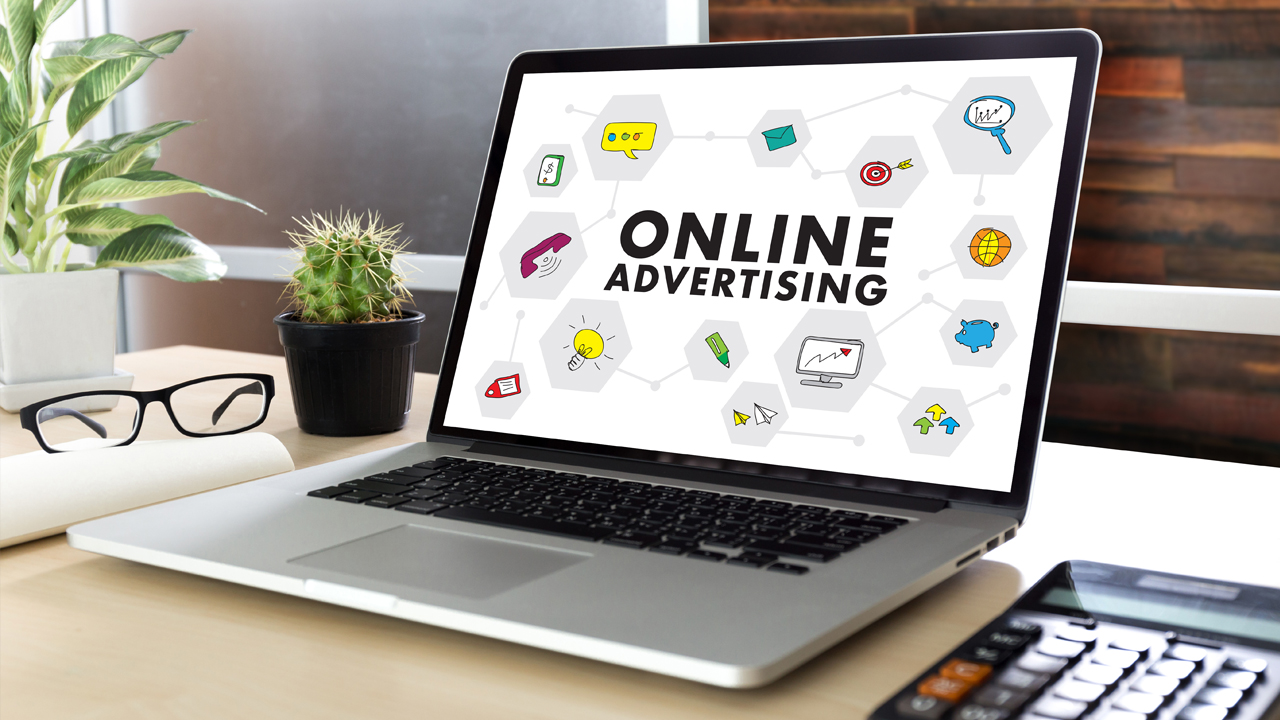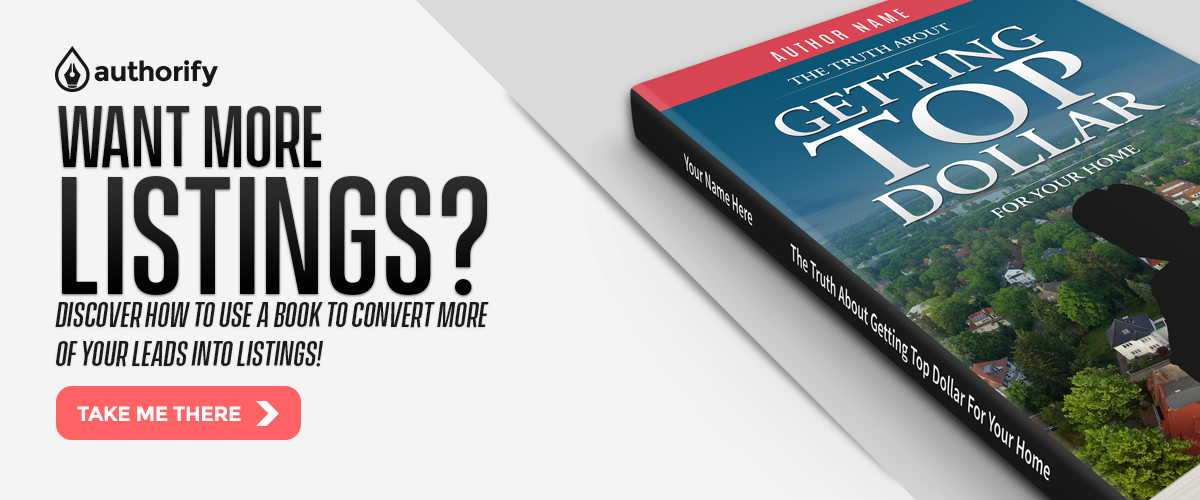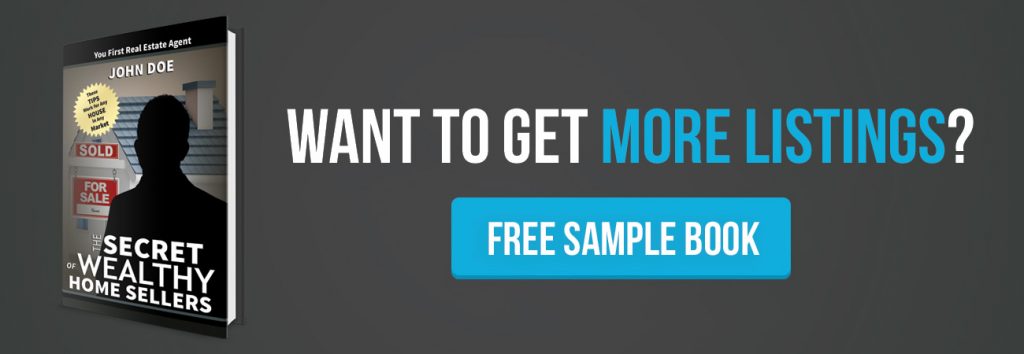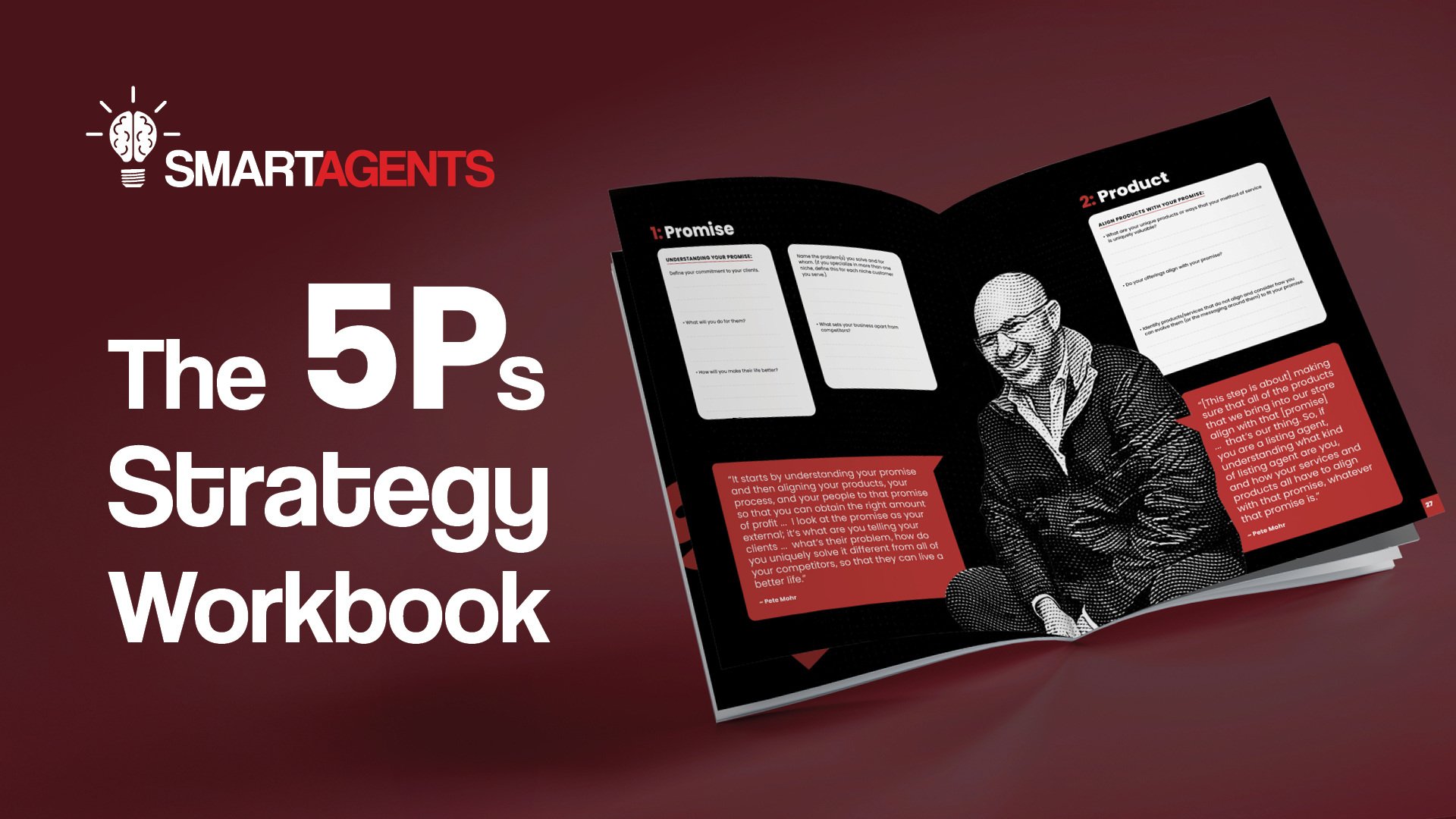Traditional advertising is still a terrific way to promote your business. There are obviously a lot of ways to do this, but I want to talk about the three most important ones.
Before I get into those, there is something you should take into consideration anytime you're going out and doing advertising, especially online advertising, and that’s whether you are going to go the branded or unbranded route.
Unbranded Advertising
The first method is not to advertise yourself specifically as a real estate agent, but rather offer something of value that might compel potential home buyers and sellers to interact, even if they aren’t specifically looking to sell their homes in the immediate future.
To avoid any legal issues with these types of ads, you do need to disclose that you're a real estate agent — you can include something in small print at the bottom, like “This ad is not intended to solicit business from homes already listed with an agent. This is a paid promotion by AGENT of BROKERAGE in LOCATION.”
For example, you could run an ad promoting a “Find Out Your Home’s Value for Free!” service.
With that said, we've seen house value ads like this explode on Facebook over the past few years, so you need to word or design yours in such a way that it stands out. As more agents have begun to post them, their effectiveness has decreased. But creating an unbranded ad, so to speak, can be a really good idea. Granted, there are pros and cons to this approach.
Pro: It's easier to track your return on investment. If you're using a unique domain name and a unique phone number for that service, you can track your specific ROI from that ad.
Con: A lot of the leads generated from this system aren't necessarily going to convert right away. You’ll need to nurture and follow up with everyone over time. So if you are going to do unbranded or blind marketing, you want to be prepared to follow up over the long term.
Branded Advertising
Branded advertising involves promoting something you’ve done or something you offer with the intention of having people reach out to you for more information. This can include an ad promoting your listings or a free CMA/other service/product (including your book).
These ads can be done on social media, on postcards, in magazines or newspapers, on the radio, etc. On these ads, you can include your name, photo, brokerage logo, and maybe even the cover of one of your books. Photos of recent homes you’ve listed or sold work well.
Pro: The leads you generate from this type of advertising are more likely to convert in the immediate or near future. You won’t normally produce as many leads, but the leads who do respond to you are likely prepared to list with you right away.
Con: If you use your standard contact info for these types of ads — name, email, phone number, etc. — it’s hard to track the success rate.
Facebook Ads
An advertising method I think a lot of people overlook is creating custom audiences on Facebook. Using this tool, you can take your past customers, your sphere of influence and your unconverted lead database and upload them into a custom audience. You can then target them with advertising, which is a great way to stay at the top of their minds.
In other words, if you work a lead and they don't convert, you can drop them into a custom audience on Facebook and advertise to them. Even if you buy leads or you generate leads on a landing page, those leads should be retargeted. You should stay in front of them, make them offers and turn more of them into clients down the road.
Facebook targeting can also be helpful with warm audiences. You can retarget people who visited your website, for example. There are a lot of ways to use Facebook ads to generate new leads and turn them into listings.
Trying Facebook ads with no luck? Here is a previous Smart Agents blog about why this might be the case.
Retargeting
Another really good way to get listings is retargeting. If you have a blog or a website that talks about you and your local community, you can install retargeting pixels for all the major ad platforms, like Google or Facebook. Using Facebook pixels gives you access to Instagram as well. You can then retarget all those visitors and follow them around the internet with your ads so that you're staying in front of them and bringing them back.
It's especially effective when you're running something like a Facebook ad for a free house value site, as an example. We've all seen real estate agents doing that. When visitors go to that website but don't convert, you can capture them with a retargeting pixel and follow them around to other websites. You might then be able to bring them back and turn them into a conversion.
Print Ads
Finally, the last way to score some leads is print advertising. I know a lot of people have abandoned print for online media instead, but print is still really effective. I know an agent who ran a $300 ad in his local newspaper advertising his book, and I think he listed three or four homes from it. That’s a really impressive return on investment.
There are also real estate magazines that focus mainly on listed homes that you might want to use for a print ad. However, there's no reason you couldn't go in there with a house value offer or an ad for your book. You should be looking for ways you can position yourself as different from all the other agents who are just advertising homes.
If you're running print ads, you can go blind, you can go branded, you can make an offer, you can advertise your book, or you can advertise your listings. The list of potential ideas is very long. The point is that printed media is still a great platform, and you can likely get competitive prices because there's so much competition in the online world.






